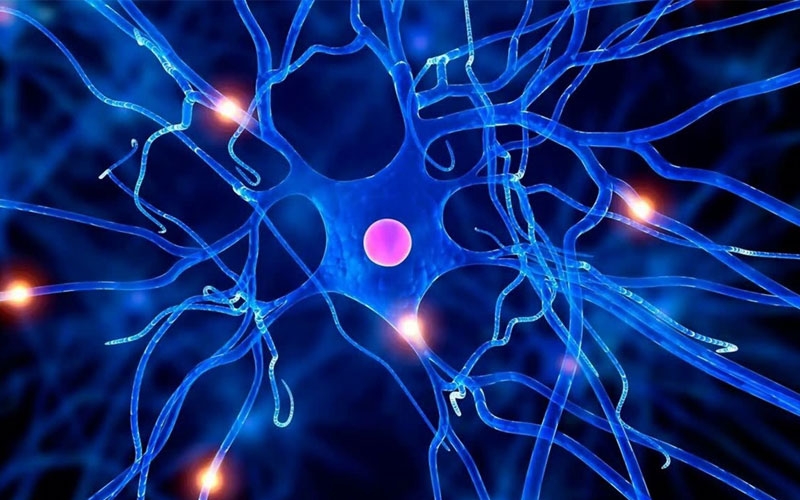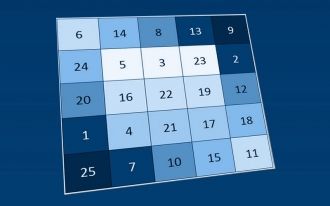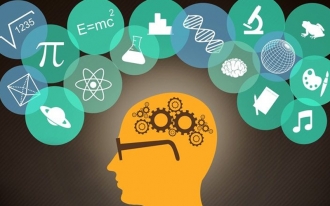- BRAINTRAIN |
- Blog |
- Brain Development |
- Do Nerve Cells Regenerate?

Valeriy Krickiy 26.05.2020 2505 Comments
“Nerve cells don’t regenerate”—a phrase familiar from childhood, often used by parents or friends to discourage upsetting them. But is it true? Is the brain structured this way? Let’s explore this today. This saying persists not due to rigorous research but as a reaction to nervous tics. We’ll review recent studies to clarify how our brain works and then consider how to apply this knowledge in daily life.
Brain Development from Conception
Like any organ, the brain, created with regenerative capabilities, logically suggests it can recover. However, brain cells function differently. Brain development begins at conception, providing strong evidence of its growth. Researchers compared a newborn’s brain to an adult’s, finding the infant’s brain is only 25% developed. This leaves 75% for the central nervous system to grow throughout life, up to maturity. These facts suggest nerve cells are more complex than assumed, warranting further study. Brain development occurs in six key stages:
- Conception to Infancy. 25% brain maturation, forming hundreds of neurons and synapses per second.
- Ages 1-3. 90% brain maturation, the most critical period, adding 65% and laying the brain’s structural foundation with numerous synapses.
- Ages 4-10. The brain uses twice the energy of an adult’s for development.
- Ages 11-13. Neural connections are filtered, retaining only the essential.
- Ages 14-18. Ideal learning period, with brain impulses five times faster than in a mature brain.
- Ages 19-25. General development concludes, discarding half of childhood synapses that lose relevance.
This is a brief overview; the process is far more complex. Our goal is to highlight this critical development period, showing that brain cells not only regenerate but also grow. If you’re under 25, don’t waste time—train your brain. Now, let’s explore what to do if you’re over 25, as this age isn’t a dead end.
Conscious Brain Development
We’ve established that nerve cells regenerate and can develop. Remember this, as it will shape your life’s quality. After 25, the brain continues developing, forming new synapses and neural connections, though the process slows with age. To develop effectively, understand three key points:
- Brain Development Never Stops. Many over 25 resist growth, as new tasks become harder, especially unfamiliar ones.
- Never Stop Learning. The brain is like a muscle—it grows with training and atrophies without it.
- The Brain Needs Training Tools. A “flabby” brain struggles with memory and focus due to lack of exercise. We’ll discuss how to train it next.
It’s crucial to realize there’s no point at which development halts. Don’t count yourself out—set new goals and achieve them.
How to Train the Brain Properly?
While gym workouts are trendy, they train the body, not the brain. To train the brain, engage in unfamiliar, novel activities. This isn’t easy—it requires leaving your comfort zone for growth. Just as lifting heavier weights stretches muscles, the brain must “burn” when tackling new challenges. Specialized brain trainers are ideal for this.
- Memory Trainer. Challenges involve recalling objects or words from images.
- Attention Trainer. More relevant than ever, as modern distractions scatter focus. The Schulte Table excels at enhancing brain function.
- Thinking Speed Trainer. Used to boost decision-making speed.
Find all trainers on our platform and use them daily. Consistent training with sufficient time and increasing difficulty is key. The brain grows only when challenged with unfamiliar tasks. Nerve cells not only regenerate—they thrive. Best of luck!




